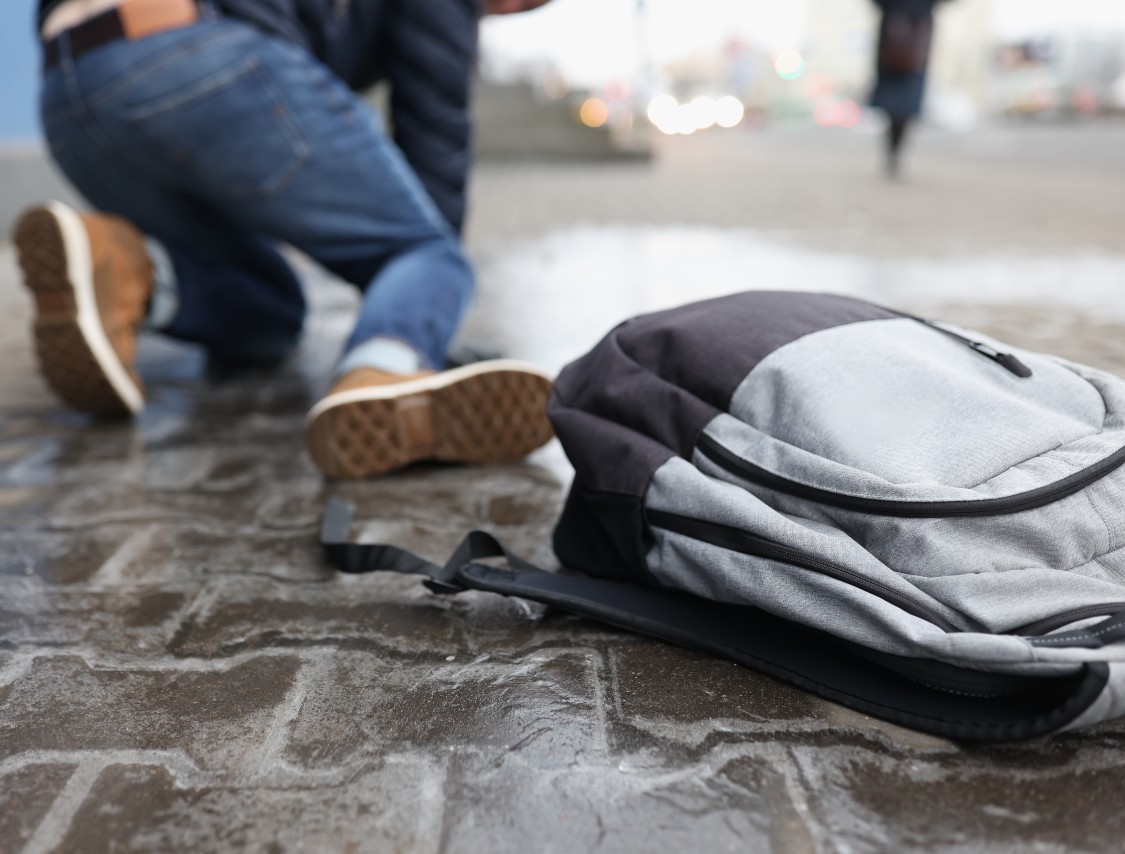Slip and Fall Injury Claim Guide
Slip and fall accidents are more than just embarrassing mishaps; they can result in serious injuries that impact your health and finances. When these incidents occur on someone else’s property due to negligence, understanding your rights regarding liability and potential compensation becomes crucial. Slip and fall injuries can lead to more than just physical harm, so understanding how to navigate your case will be to your advantage— keep reading for a guide provided to you by the expert attorneys at Pulvers, Pulvers & Thompson, L.L.P.
What Constitutes a Slip and Fall Injury Claim?
A slip and fall injury claim arises when an individual sustains injuries after slipping, tripping, or falling on someone else’s property. These accidents typically occur due to hazardous conditions such as wet floors, uneven surfaces, inadequate lighting, or unmarked obstacles. To pursue a claim, it must be demonstrated that the property owner or occupier was negligent in maintaining safe conditions or failed to provide adequate warnings about potential hazards. In the state of New York, people looking to file a claim must be mindful of the 3-year statute of limitations that applies to slip and fall injuries.
Liability in Slip and Fall Cases
Determining liability in slip-and-fall cases often revolves around proving negligence on the part of the property owner. Property owners have a legal responsibility, known as a duty of care, to maintain safe conditions for visitors. This duty includes regularly inspecting the premises, promptly addressing hazards, and warning visitors about potential risks. Liability applies to injuries sustained on rented properties. Landlords are expected to fulfill the same duties in maintaining the safety of the residents, and a failure to do so makes them responsible for any injuries that occur as a result of unsafe conditions.
Proving Negligence
To establish negligence in a slip-and-fall case, several key factors must typically be demonstrated:
1. Duty of Care: The property owner owed a duty of care to the injured party.
2. Breach of Duty: The owner breached this duty by failing to maintain safe conditions or adequately warn about hazards.
3. Causation: The hazardous condition that directly caused the slip and fall accident.
4. Damages: The accident resulted in measurable damages, such as medical bills, lost wages, or pain and suffering.
Steps to Take After a Slip and Fall Accident
If you’ve been involved in a slip and fall accident, it’s essential to take the following steps to protect your rights:
1. Seek Medical Attention: Your health is the top priority. Even if injuries seem minor, seeking medical attention ensures any issues are documented. Never underestimate the physical harm a fall can cause— in some cases, severe brain damage can be sustained even from seemingly small accidents.
2. Report the Incident: Inform the property owner or manager about the accident. Request that they create an official incident report and obtain a copy for your records.
3. Gather Evidence: Take photos of the accident scene, including the hazard that caused your fall. Collect contact information from any witnesses who saw the incident.
4. Document Expenses: Keep records of all medical expenses, including bills, prescriptions, and any other costs related to your injury.
5. Consult with a Personal Injury Lawyer: A skilled lawyer specializing in slip and fall cases can provide invaluable guidance. They can assess your claim’s viability, negotiate with insurance companies, and represent your interests in court if necessary.
Slip and fall accidents can lead to significant injuries and financial burdens. Understanding your rights and legal options is necessary if you’ve been injured due to someone else’s negligence. By proving liability and demonstrating the impact of your injuries, you can pursue compensation that covers your medical expenses, lost wages, and other damages. If you find yourself in such a situation, consulting with the personal injury attorneys at Pulvers, Pulvers & Thompson, L.L.P. can provide clarity and ensure your rights are protected throughout the legal process. Contact us today at 212-355-8000.


